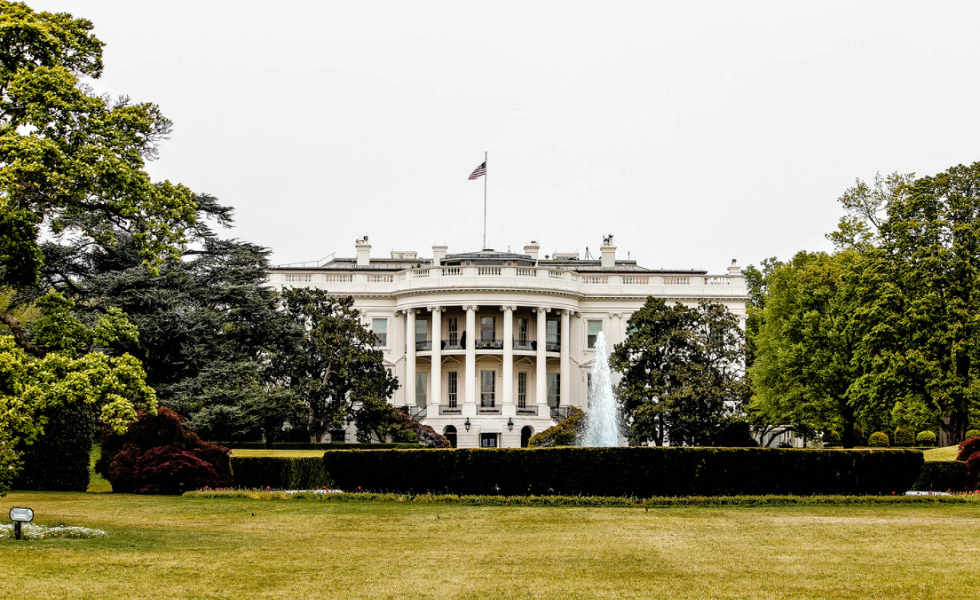Swissquote: Good luck, Joe!
Swissquote: Good luck, Joe!

By Ipek Ozkardeskaya, Senior Analyst, Swissquote
Nasdaq hit a fresh record on Thursday, despite the rising prospects of an earlier and perhaps a steeper rate normalization from the Federal Reserve (Fed).
Gold consolidated gains around the $1860 per ounce, while Bitcoin missed an important turn as a hedge against inflation, after slipping to $56K after the signature of Joe Biden’s infrastructure bill earlier this week. The bill includes the regulation and the taxation of the digital assets. So, Bitcoin’s inflation hedge status lost over the taxation worries. Oh well.
Elsewhere, the barrel US crude is now exchanged below the $80 mark, as Biden is playing all cards he has in hand to tame the rally in oil prices.
First, there is the rising prospects that the major oil-hungry countries including the US and China, will start tapping into their strategic oil reserves to cool down the tensions over the lack of gas, and the rising fuel prices.
And second, the US President Joe Biden is now attacking the oil companies for playing a role in rising oil prices and asks the FTC to investigate whether they are participating in the illegal conduct to keep prices high, as they are collectively operating one-third fewer rigs now than before the pandemic.
If pumping oil from the strategic oil reserves could tame the actual oil rally, there is little chance that Biden’s attack on major oil companies would lead to any concrete outcome, thus it is unlikely it would lead to any sustained weakness on oil prices. The only thing it does is to open a window of opportunities to the bulls to hop on the north train at better prices.
Technically, the actual short term negative trend could gather enough momentum to pull the price of a barrel to $74-75 region, to meet the 100-day moving average, and the lower end of the year-to-date positive trend band. But there is little likelihood that we see the long-term trend reverse in the middle of a worldwide energy crisis.
Therefore, the price pullbacks will likely be interesting opportunities to strengthen long positions for the oil bulls, regardless of the deploying of the strategic reserves or convincing oil companies to lower their prices. The strategic reserves is a temporary help, and oil companies can’t pull prices lower than their costs.
Next Fed Chair?
Everyone is holding his and her breath to find out who will be the next Fed Chair. Is it going to be Jerome Powell, who has been quite dovish on his rate policy over the pandemic months, or is it going to be Lael Brainard, who is even more dovish than Powell? We’ll see.
In all cases, more or less dovish, will it really matter? The one that will take or keep the helm of the Fed will need to hike rates at some point, because inflation doesn’t look like it would temper itself with zero rates and an ultra-expansive monetary policy in place.
That means that the next Fed Chair won’t be a super hero that Jerome Powell has been, who with his great cash splash strategy managed to send the stock prices to all-time highs even though the US and the world was hit by a deadly pandemic. So maybe, but just maybe, it’s a perfect time for him to leave, and leave Lael with a mess to be tidied fast.
Thus, no matter how dovish she is, she will need to deal with a three-decade high inflation., and there are not a million alternatives
Calm before storm?
The US has another problem than just the energy crisis, it’s the debt problem. US Treasury secretary Janet Yellen is now screaming out that the US may default on its obligations by December 15th if politicians don’t do something about the debt ceiling.
The latter deadline is tied to the obligations of the infrastructure bill that Joe Biden signed lately, as that bill will require the Treasury to transfer a good amount like $118 billion to the Highway Trust Fund with the risk of Treasury running out of cash following such big transfer.
Interestingly, we don’t see an additional stress on the US yields, the 2-year yield is consolidating at around the 0.50% and the 10-year yield is just below the 1.60%.
If none of these yields looks like a yield offered by a country that’s at the brink of a default, it’s because no one even dares imagining what would happen to the global financial place if the US papers, which are reckoned as the risk-freest papers, default. The US bond default would be as dramatic as Janet says it would be, and it would trigger a systemic wave across all world markets.
So, it brings up the following question: is it the calm before storm in the US yields?





